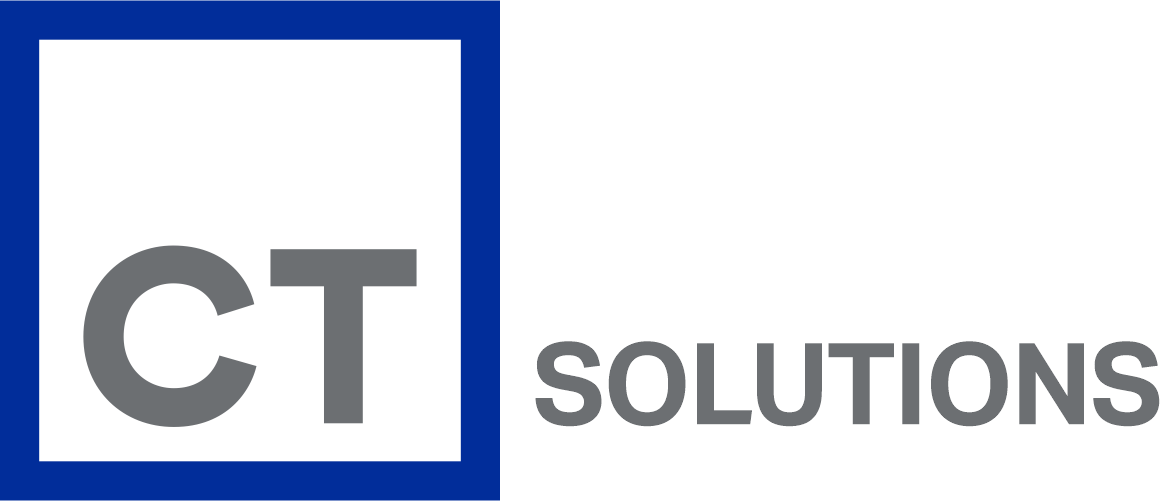__________
The project aims to address the need to dispose of lithium batteries and recycle them to generate a lower environmental impact and greater sustainability in production.
__________
The SMART FACTORY FOR LITHIUM BATTERY RECYCLING project aims to address the need to dispose of and recycle lithium batteries in order to:
– Reverse emissions from electric transportation to decarbonize this sector.
– Optimize the production and active materials of lithium batteries to reduce environmental and social impact.
– Responsibly recycle lithium batteries at the end of their lifespan to obtain the “future gold” valued at €10,000 per ton.
To achieve this, a lithium battery recycling plant has been designed and implemented with the latest degree of digitalization and automation to make recycling from electric vehicles more sustainable and environmentally friendly. This allows for the reuse of these batteries and the extraction of the Black Mass, which contains recycled components such as lithium, nickel, cobalt, manganese, copper, and graphite.
CT Solutions’ main challenge in this project has been the creation of a Digital Twin,providing an overview and better understanding of the physical process. This increases efficiency and enables better operational planning and potential plant expansions. Additionally, a 3D Digital Twin has been developed, offering a clear visual representation of the designed facility, including input flow, battery configuration, parameters, as well as operator and plant configuration. These Digital Twin data aid in process analysis and reduce plant startup time.
These simulations advance and change based on the provided information, allowing for forecasting and notes on how to optimize and modify the project for maximum efficiency. Additionally, thanks to the outputs provided by the simulations, we have the opportunity to note miscalculations and necessary changes. Another highlight is the ability to validate dimensions through 3D simulations, allowing for a detailed observation of the necessary dimensions to design the facility and thus evaluate the increase in plant capacity.
The success of this project has been achieved thanks to the leadership of CIAC – Catalonia’s Automotive Industry Cluster and the consortium formed by all participating companies: CYP Core, CT Solutions Group, Ekologica Environment, and Eurecat – Catalonia’s Technology Centre.
This project has been subsidized by the Ministry of Industry, Trade, and Tourism in the #AEI 2022b call.
–


